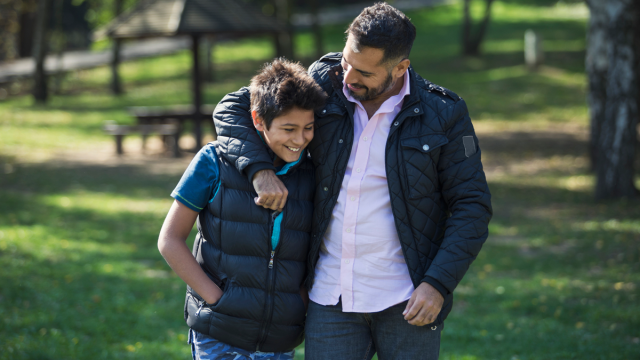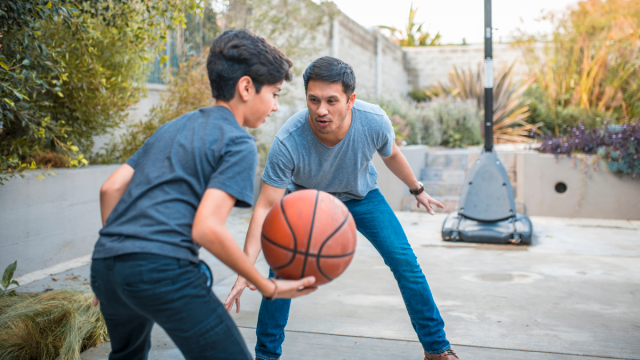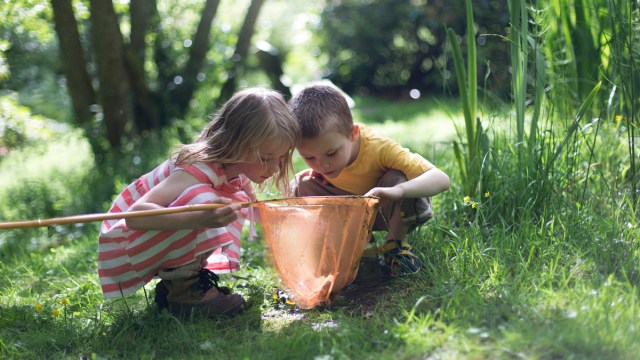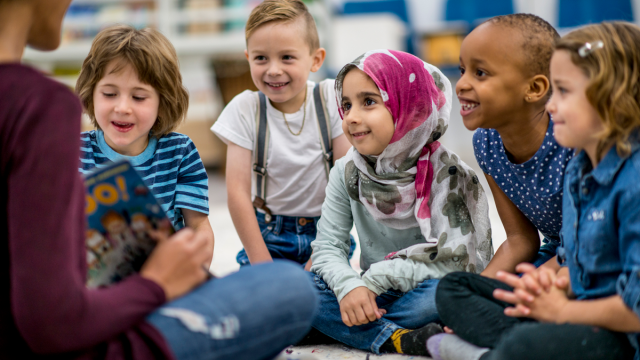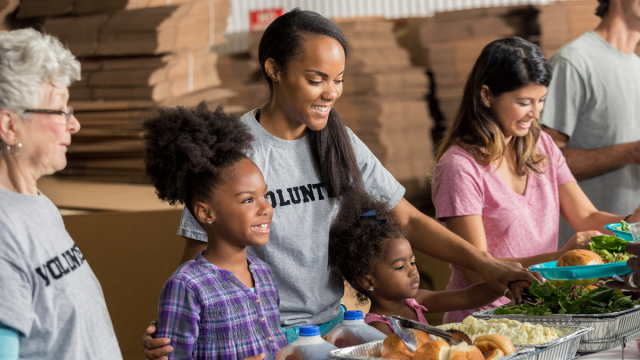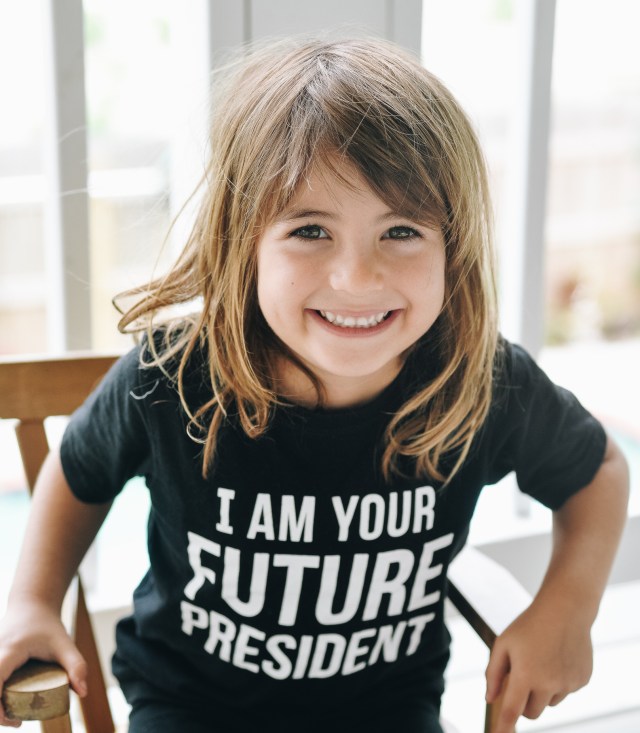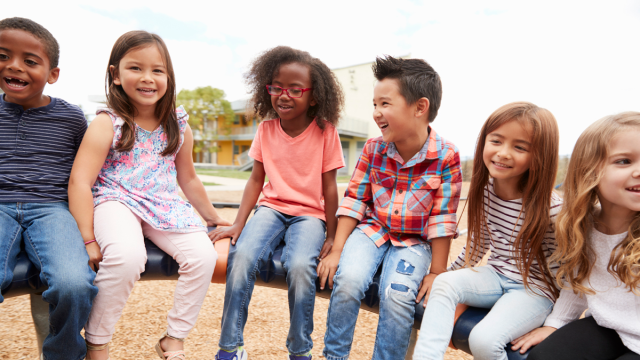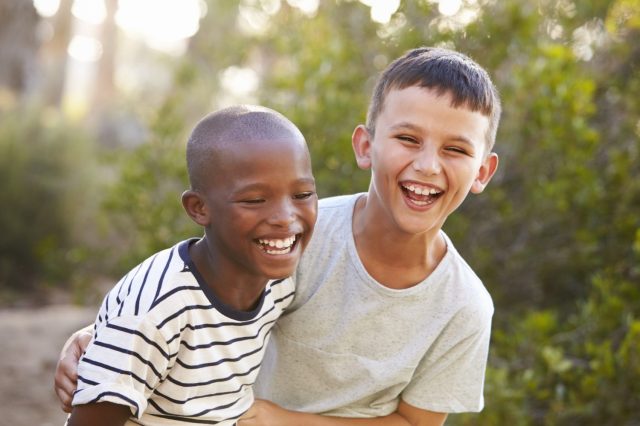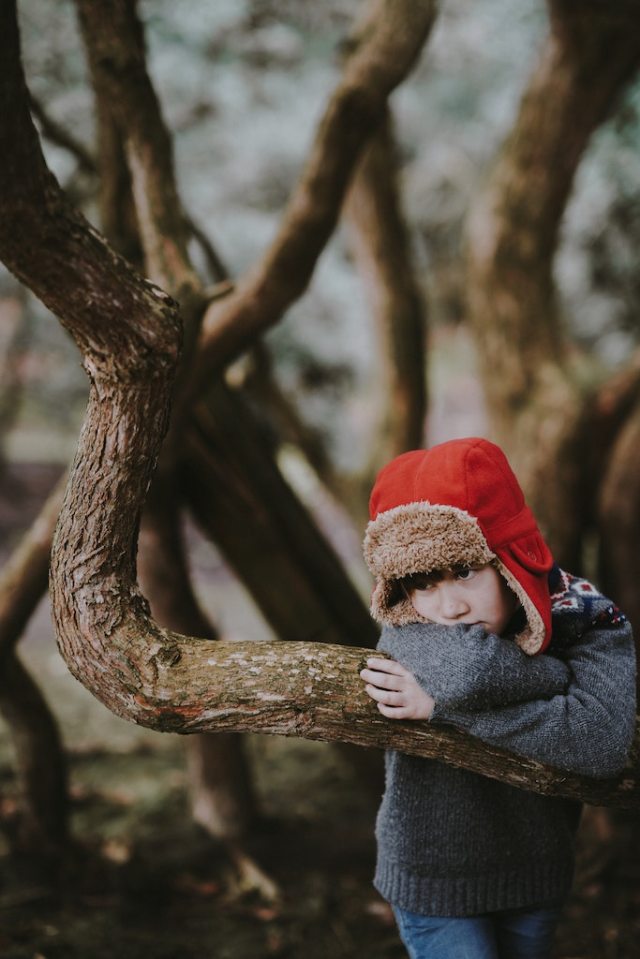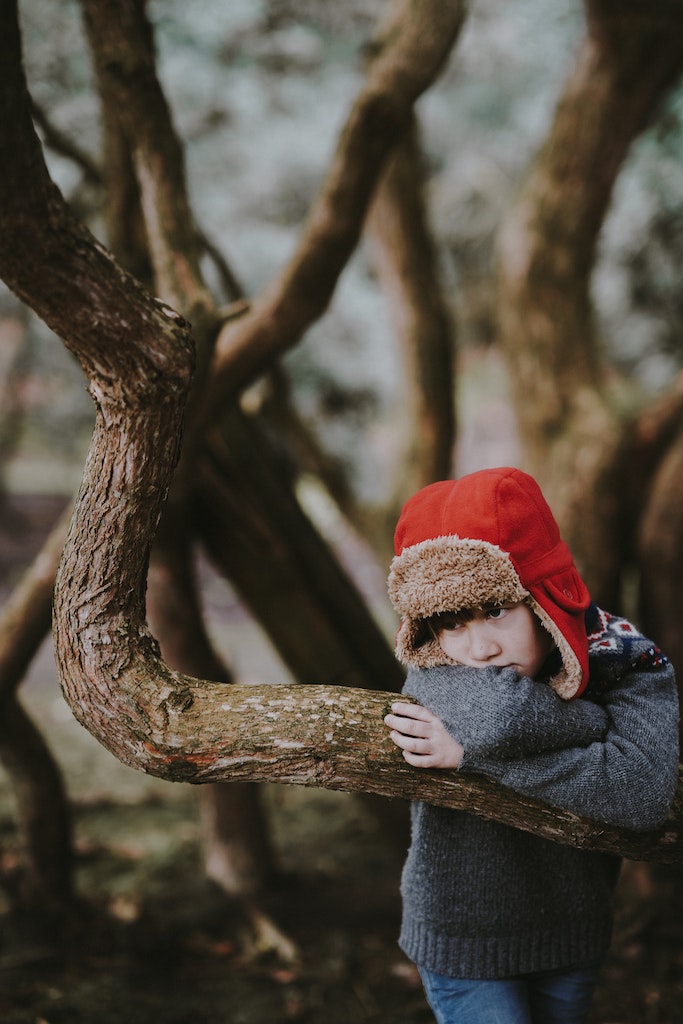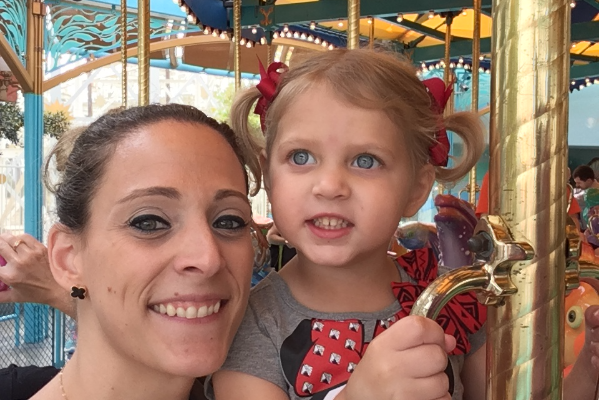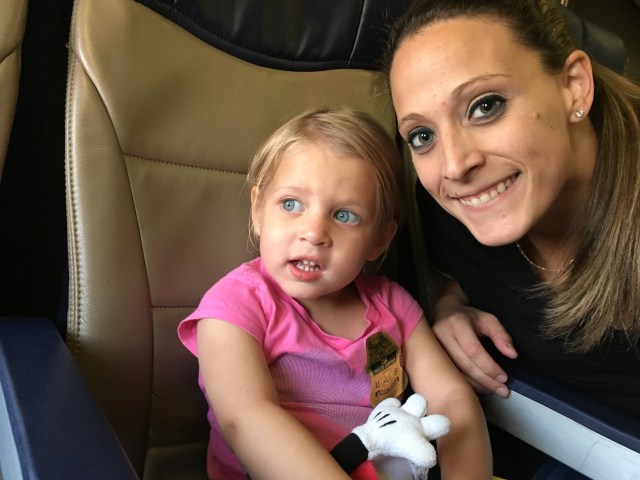These should all make an appearance in future father-son talks
From simple, everyday interactions to more serious, big-picture issues, there are important life lessons we dads can—and should—share to help a young boy grow into a courageous, honorable, and kind adult. That said, we realize that not all families include fathers, so these words of wisdom for a father-son talk apply to any parent figure who wants to help their child stand a little taller and do good in the world.
I’ll always be here for you.
Anyone can be a father, but it takes someone special to be a dad. Reminding your son that you always are available to him and mindful of his needs will go a long way in establishing and building trust over time. Mindful parenting means being present in the moment and aware of what’s happening. Modeling positive, supportive behavior while your son is young will show him that good men are reliable and responsible.
Treat others with compassion and empathy.
The Golden Rule may be a simple principle to follow, but teaching empathy can provide a deeper framework for how people should behave regardless of circumstance. Fostering empathy can help young boys to find commonalities between themselves and others who are seemingly different—and encourages them to positively and proactively think about and care for others.
Related: Daughters (Who’ll Conquer the World) Need to Hear These 8 Things
Never make an important decision on an empty stomach.
Over the course of a young boy’s life, he’ll have to make many important decisions. These are just warm-ups to the big ones that he’ll have to make as an adult, and every dad knows that important decisions should never be made on an empty stomach. There’s a science to explain why people become grumpy or have poorer judgment when they are hungry. Remind your kid to have a full belly before making any major decisions.
It’s OK to play with dolls.
Or dress up as Beyoncé. Or sing like Beyoncé. Or dance like Beyoncé. By the time most boys are five years old, they’ve already learned lots of things that perpetuate toxic masculinity. Break the cycle by letting your son know that there are no such things as “girls-only toys” or “girls-only behaviors.” Instead, teach your son that there’s more than one way to be a man.
Honesty matters.
Whether it’s telling the truth about a broken window/bike/toy or speaking up against bullies, honestly is always the best policy.
What was the best part of your day?
At the end of a long day of work and school, many dads will simply ask their sons, “How was your day?” And the typical response is a bluntly delivered, “Fine.” Rather than try to start a conversation with a generic question, be specific. Avoid questions that can be answered with a single word. As our kids get older—particularly as they enter their tween and teen years—they may be less inclined to volunteer information about what’s happening in their lives. Asking pointed questions will help tease out what’s really going on and what’s really on their minds.
Let’s talk about sex, drugs, and rock and roll.
Because if you’re not the person who’s initiating conversations with your son about topics as important as these, then someone else inevitably will, and that someone else may not always have your kid’s best interests in mind. There are plenty of resources to help parents talk to their kids about sensitive and sometimes awkward topics. At the very least, make sure your son has a handle on the basics from the school of rock.
I’m so lucky that I get to be your dad.
And while you’re at it, tell your son that you love him every day, and give him lots of hugs and kisses, especially while he’s still young so that he gets used to receiving affection from (and giving it to) his old man.
